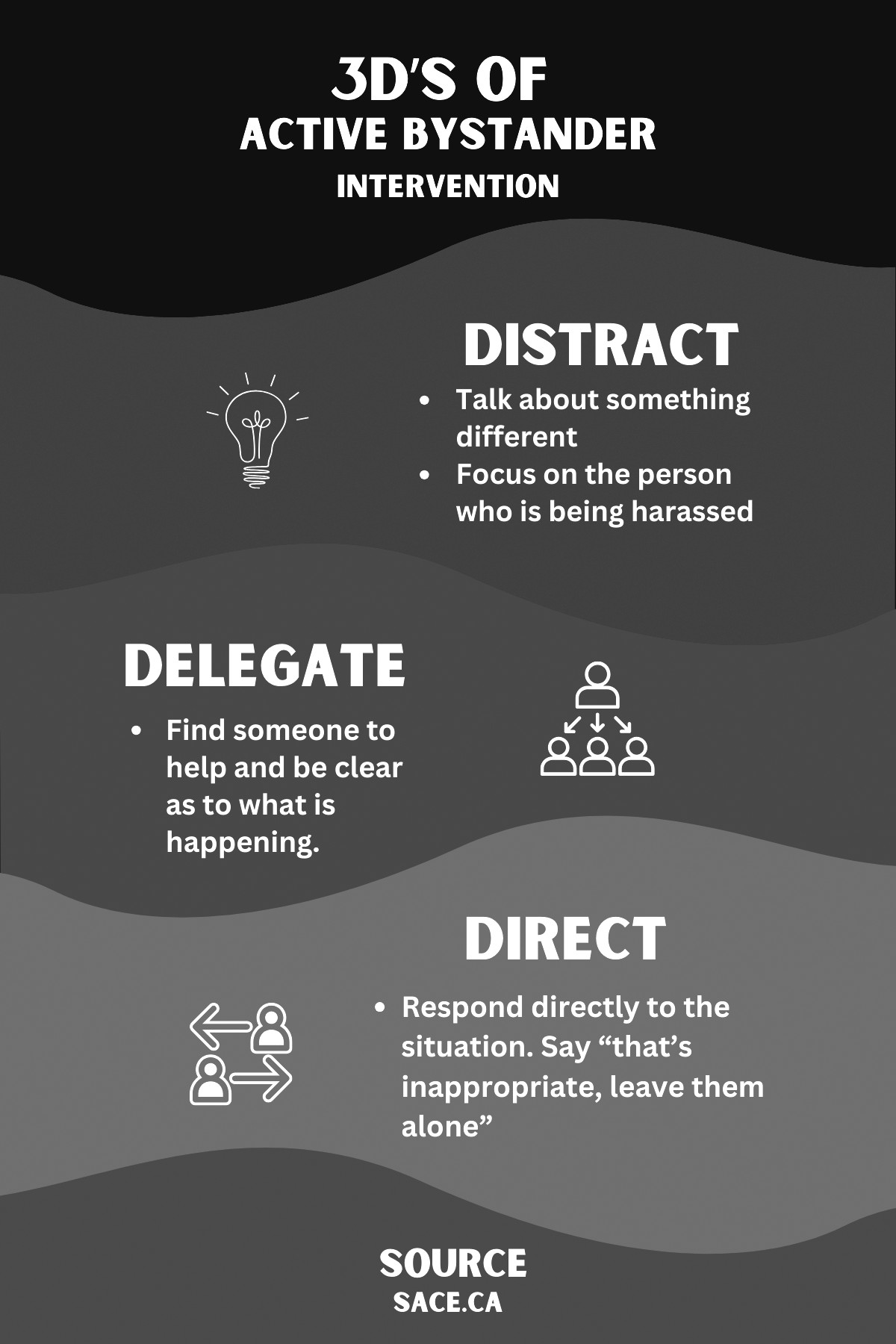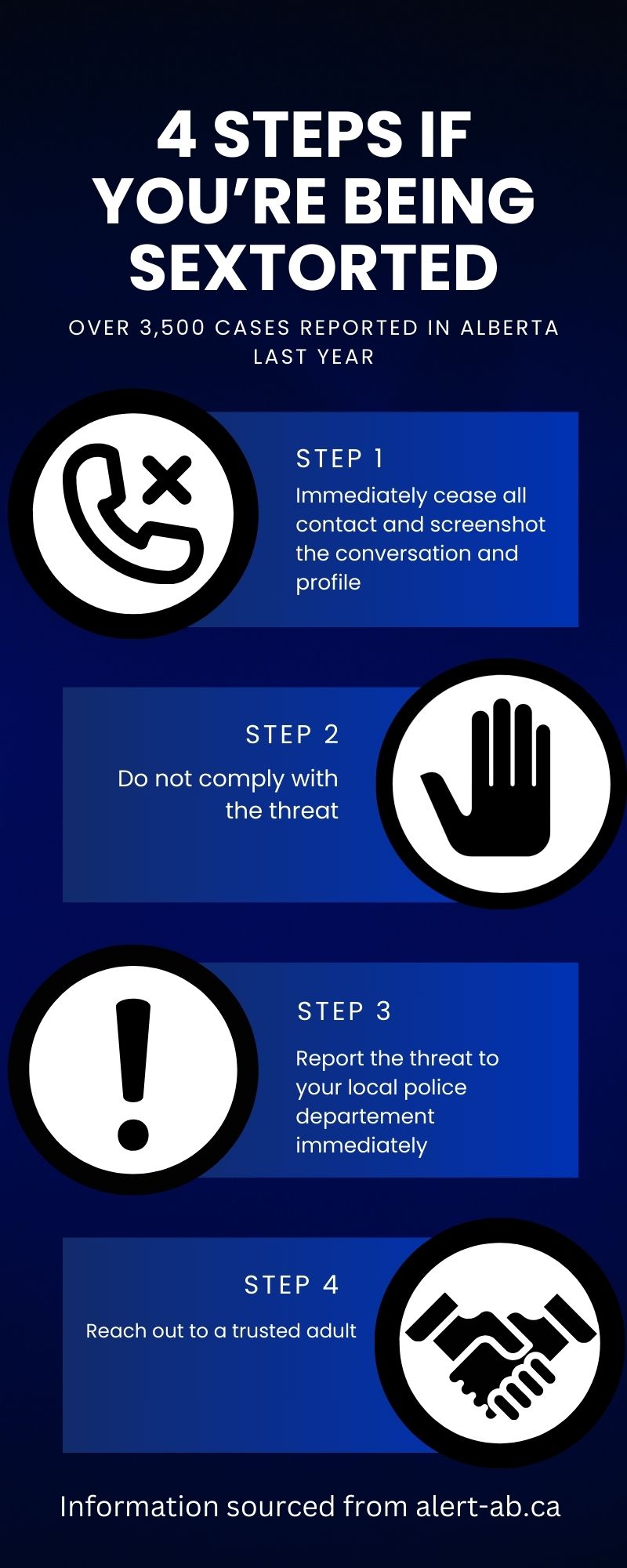The technological advances being made each day in modern society are astounding in their value.
In recent years the world has become seemingly smaller, allowing us to instantly connect with loved ones around the globe and hold a world’s worth of knowledge in the palm of our hand.
We can simultaneously update others on the day’s basic activities and receive navigational guidance from satellites in the sky.
The significance social media plays in our daily lives is undeniable as we move forth into an age where the greatest emphasis is placed on digitalization.
It is a fast and simple way of communicating and has played an instrumental role in times of need, such as the uprising in the Middle East, and in times of joy, like the U.S. presidential election of 2008.
Because interactive social media sites like Twitter and Facebook grant users the ability to be vocal with their thoughts and converse with others on an unrestricted range of topics, they have the power to create strong online communities and bring people together.
Although its more common uses include connecting users with comparable music tastes and those who enjoy the same celebrity gossip, in today’s day and age social media is serving a more powerful purpose in times of grief.
Establishing online support systems with dedicated Facebook pages is becoming an increasingly common trend, because it allows those suffering emotionally to come together in a virtual setting to find comfort.
The younger generation is turning to the web to find solace and commemorate loved ones in the event of a loss.
Social networking has the potential to create a place of encouragement and consolation. However, its abilities are not as far reaching as some may hope, and often it serves a purpose much more serious than ever intended. Despite all the wonderful benefits and useful functions of this innovative technology, sometimes there is truly no replacement for physical human interaction.
Many people utilize social networking sites as a means of narration for the emotional ups and downs in their lives. As it becomes a primary resource for personal expression and conversation, psychologists are concerned some users believe vocalization of their unhappiness on such sites is a replacement for seeking legitimate professional help.
Late last year in the U.S., the National Suicide Prevention Lifeline announced a program initiate with Facebook that encourages users to report a friend whose posts or online activity indicates they are potentially suicidal. After being notified, the group steps in to provide support for the emotionally suffering individual.
Social media’s impacts are undeniably positive in terms of connecting and unifying. However, users and society alike must realize it will never successfully become a substitute for authentic human interaction.



